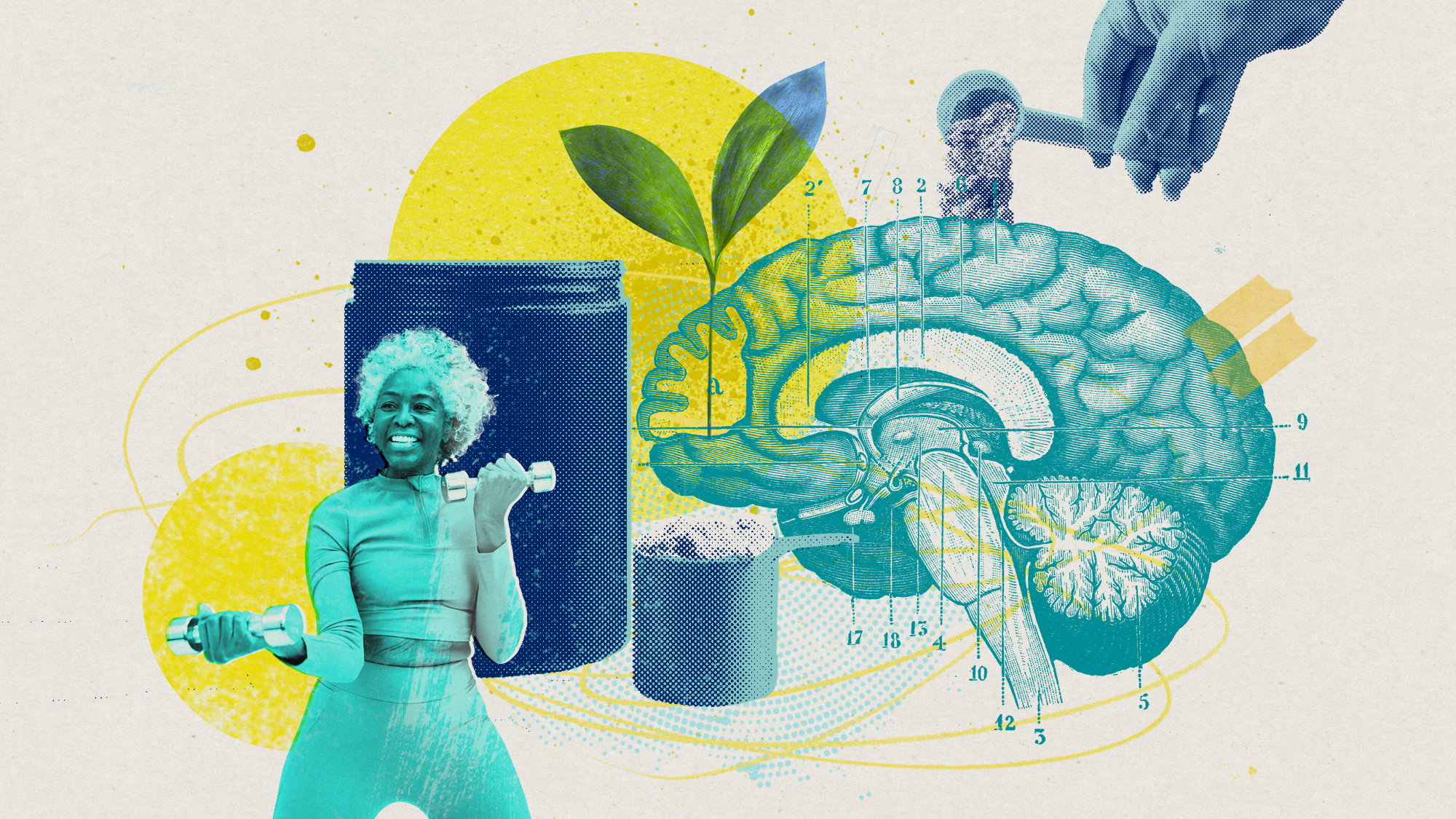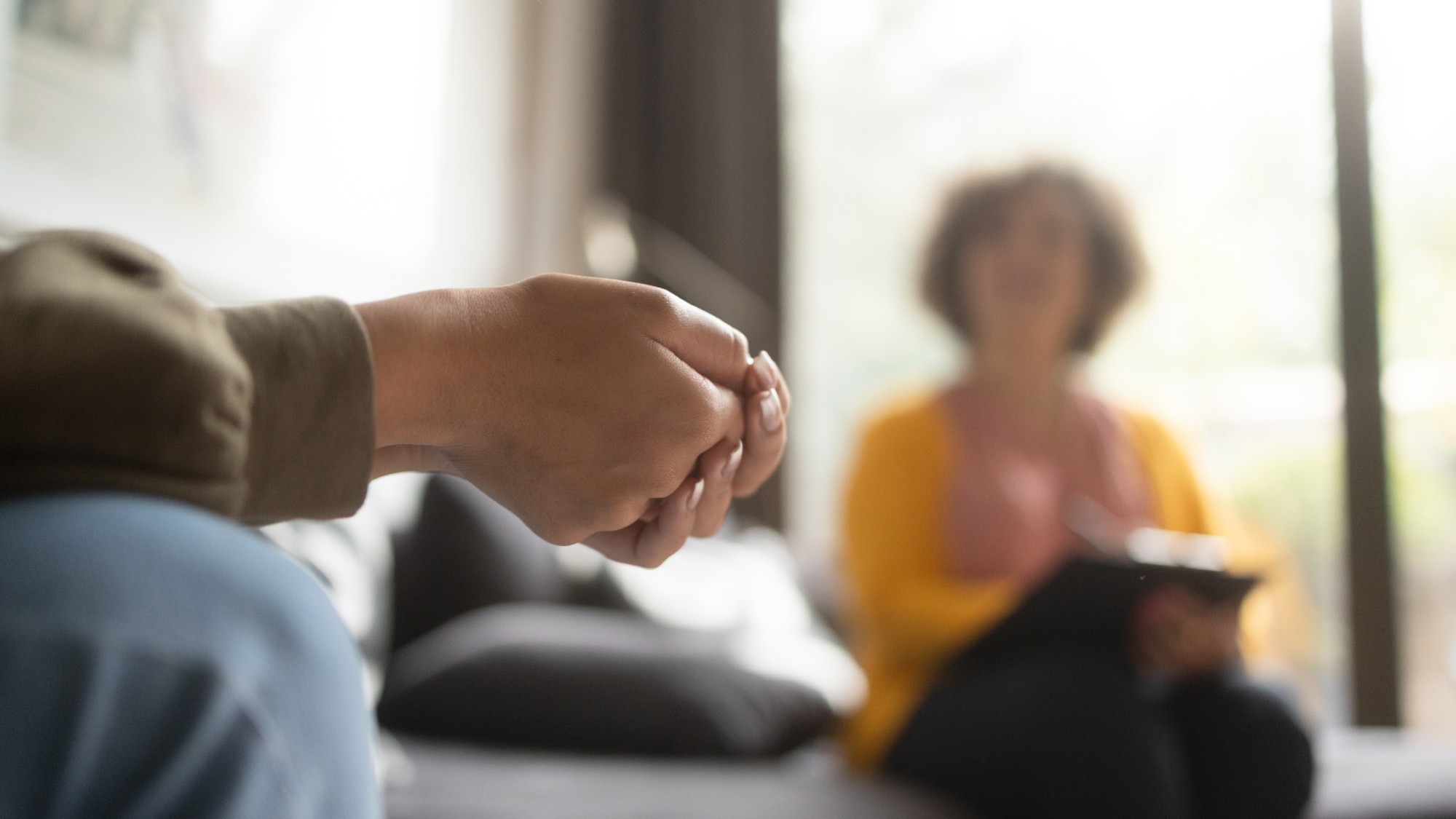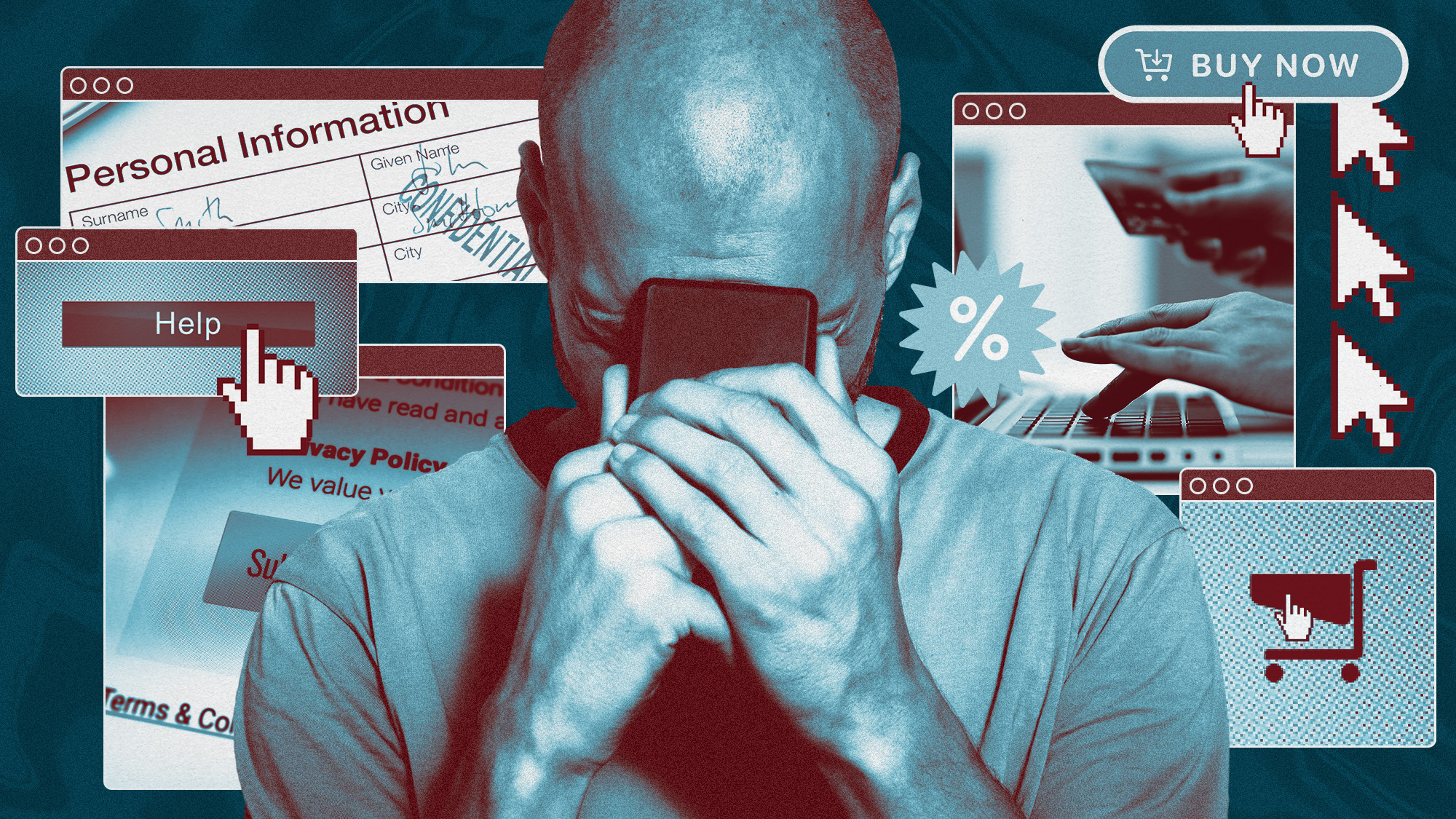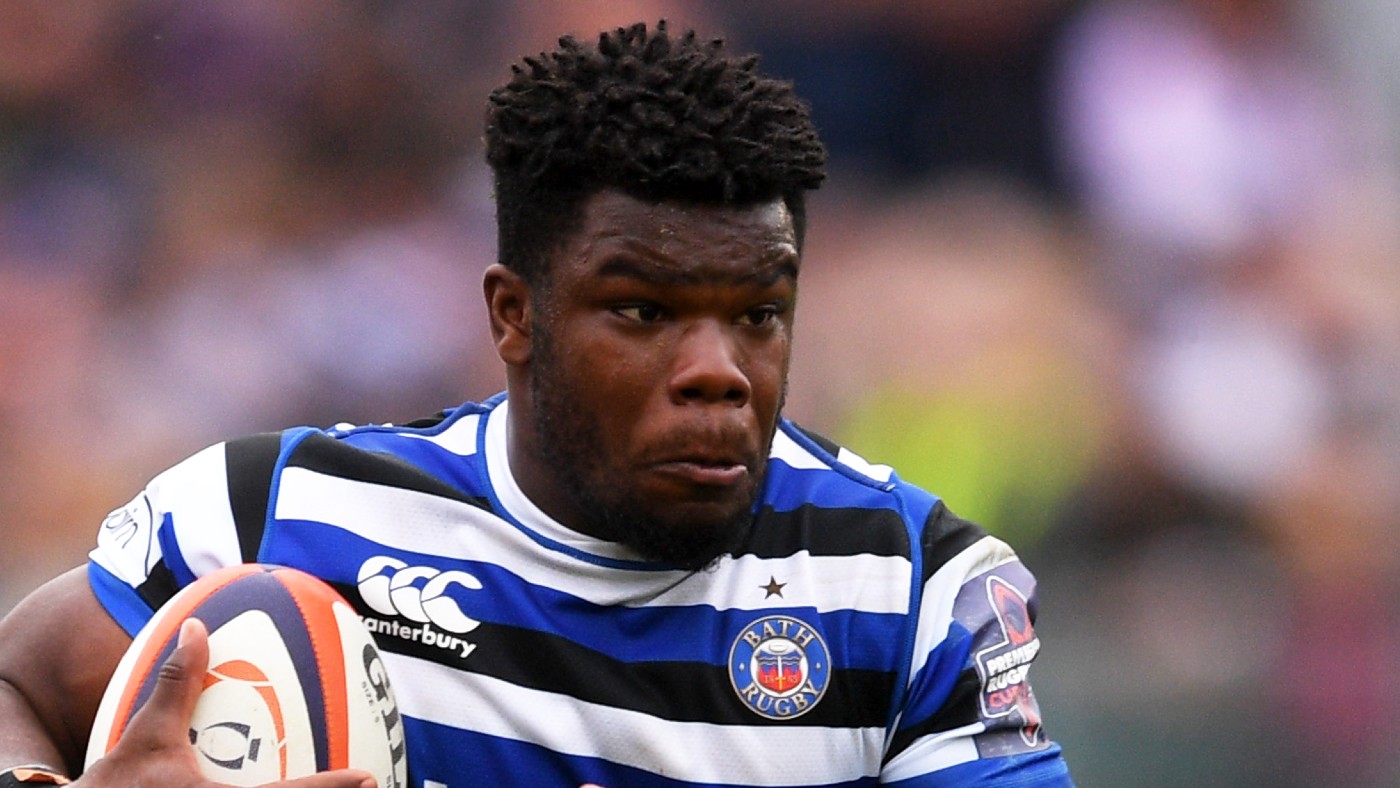Goths 'at greater risk of depression'
Survey of 3,694 young people in Bristol finds link between goth subculture and depression in teenagers

A free daily email with the biggest news stories of the day – and the best features from TheWeek.com
You are now subscribed
Your newsletter sign-up was successful
Teenagers who identify with the goth subculture are three times more likely to experience depression as non-goths, according to the findings of a new study.
Researchers found that the more a young person identified with the goth subculture the higher their likelihood of self-harm and depression.
The study, which was published in the journal Lancet Psychiatry, asked 3,694 Bristol-based 15-year-olds how much they identified themselves with eight different social groups: "sporty", "populars", "skaters", "chavs", "loners", "keeners", "bimbos", and "goths".
The Week
Escape your echo chamber. Get the facts behind the news, plus analysis from multiple perspectives.

Sign up for The Week's Free Newsletters
From our morning news briefing to a weekly Good News Newsletter, get the best of The Week delivered directly to your inbox.
From our morning news briefing to a weekly Good News Newsletter, get the best of The Week delivered directly to your inbox.
The study found that people who saw themselves as part of the goth group were more likely to have been bullied in the past and to have shown signs of depression prior to the age of 15.
But according to the study's lead author, Lucy Bowes from Oxford University, it is not possible to tell whether being a goth causes depression or whether people who are depressed are simply more attracted to the subculture.
"Our study does not show that being a goth causes depression or self-harm but rather that some young goths are more vulnerable to developing these conditions," Bowes said.
Speaking to the BBC, Nattalie Richardson, 29, said that she was depressed prior to becoming a goth.
A free daily email with the biggest news stories of the day – and the best features from TheWeek.com
"I personally think that kids who are depressed or have mental illnesses are drawn to 'alt' style as a way of appearing as different on the outside as they feel on the inside," she said.
"I know that was the reason I started dressing differently and became alternative. That and the image went with the music I listened to that seemed to speak to the jumble that was inside my head and help me realise I wasn't the only one who felt the way I did as a teenager."
Richardson concludes: "I was depressed and ill before I was a goth".
Of all the social groups, people who identified as "sporty" were the least likely to self-harm or have depression by the age of 18, the study found.
-
 Nuuk becomes ground zero for Greenland’s diplomatic straits
Nuuk becomes ground zero for Greenland’s diplomatic straitsIN THE SPOTLIGHT A flurry of new consular activity in the remote Danish protectorate shows how important Greenland has become to Europeans’ anxiety about American imperialism
-
 ‘This is something that happens all too often’
‘This is something that happens all too often’Instant Opinion Opinion, comment and editorials of the day
-
 House votes to end Trump’s Canada tariffs
House votes to end Trump’s Canada tariffsSpeed Read Six Republicans joined with Democrats to repeal the president’s tariffs
-
 'Poo pills' and the war on superbugs
'Poo pills' and the war on superbugsThe Explainer Antimicrobial resistance is causing millions of deaths. Could a faeces-filled pill change all that?
-
 'Wonder drug': the potential health benefits of creatine
'Wonder drug': the potential health benefits of creatineThe Explainer Popular fitness supplement shows promise in easing symptoms of everything from depression to menopause and could even help prevent Alzheimer's
-
 Mental health: a case of overdiagnosis?
Mental health: a case of overdiagnosis?Talking Point Issues at 'the milder end of the spectrum' may be getting wrongly pathologised
-
 How helpful are mental health apps?
How helpful are mental health apps?Under the radar Market is booming, offering accessibility and affordability, but many apps are unregulated and share sensitive user data
-
 Workplace wellness programmes: a waste of time and money?
Workplace wellness programmes: a waste of time and money?Talking Point Global corporate industry is booming but positive impact on staff well-being is debatable
-
 Pros and cons of cold-water swimming
Pros and cons of cold-water swimmingPros and Cons Icy dips at Christmas can be a ‘mood booster’ but also carry health risks
-
 What has happened to Levi Davis?
What has happened to Levi Davis?Speed Read Concern for rugby and X Factor star who was suffering from depression and last seen over a week ago
-
 Neanderthal gene ‘caused up to a million Covid deaths’
Neanderthal gene ‘caused up to a million Covid deaths’Speed Read Genetic tweak found in one in six Britons means cells in the lungs are slower to launch defences